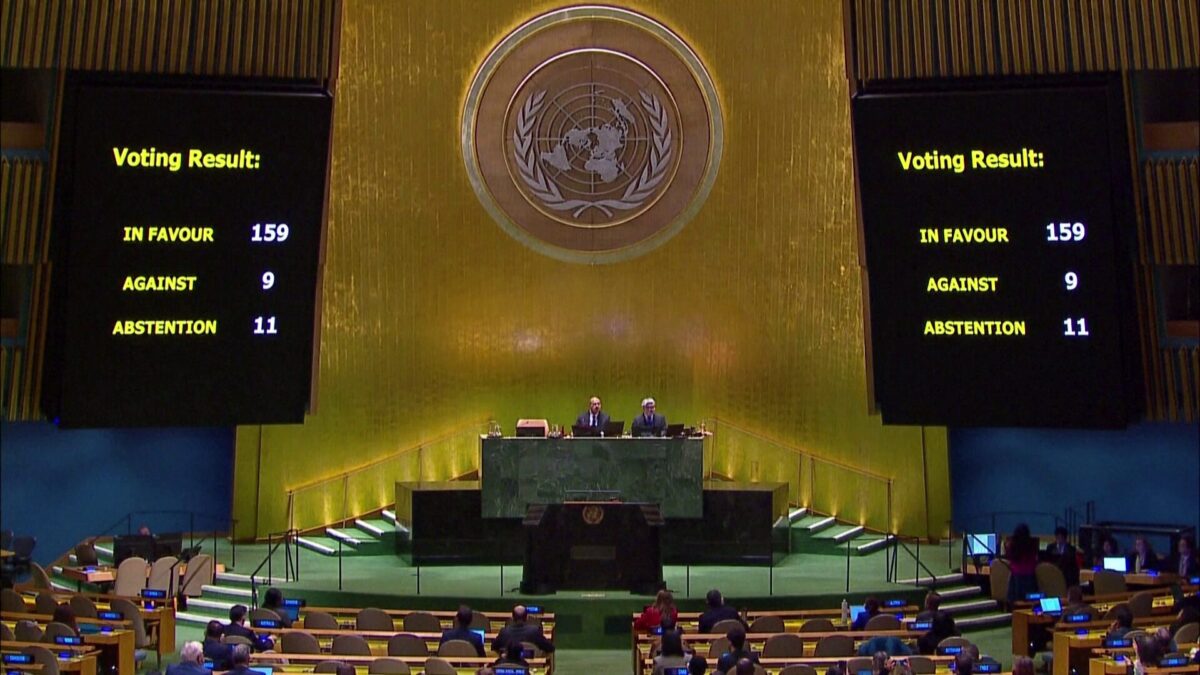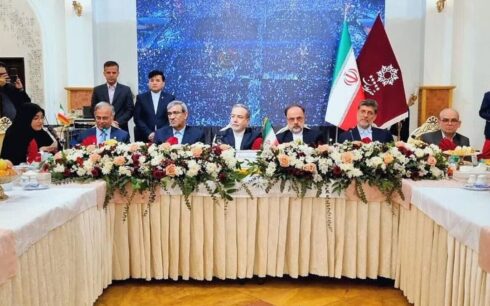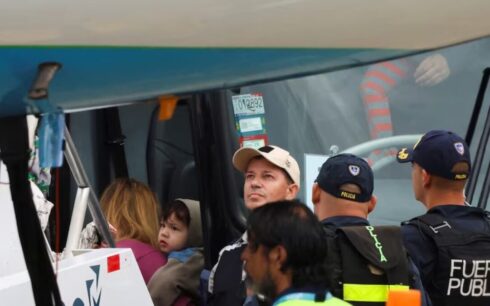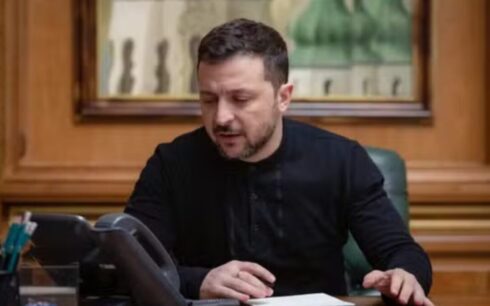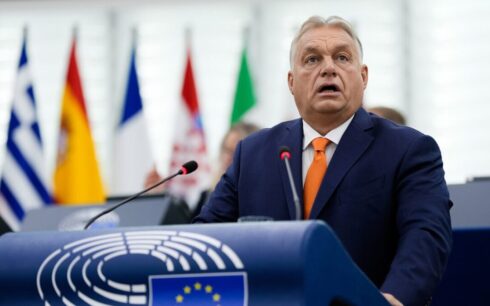The United Nations General Assembly voted overwhelmingly on Wednesday to demand an immediate, unconditional, and permanent ceasefire in Gaza, as well as the release of all hostages held by Hamas. The resolution was adopted with 158 votes in favor, nine against—including the United States and Israel—and 13 abstentions in the 193-member body.
This demand, reflecting an escalation in urgency from earlier calls for a humanitarian truce, underscores the global consensus on the need to halt the ongoing conflict between Israel and Hamas in the Gaza Strip. While General Assembly resolutions are not legally binding, they carry significant political weight.
In a separate resolution, the General Assembly voted 159-9 to condemn an Israeli law set to ban operations by the U.N. Relief and Works Agency for Palestine Refugees in the Near East (UNRWA) starting in January. The resolution called on Israel to respect UNRWA’s mandate and allow its activities to continue without obstruction. Eleven countries abstained.
Israel has accused UNRWA staff of complicity in Hamas’s Oct. 7 attack, which killed around 1,200 people and saw 250 hostages taken into Gaza. The U.N. acknowledged that nine UNRWA staff members were allegedly involved and had been dismissed.
Israel’s U.N. Ambassador Danny Danon accused the General Assembly of “protecting an organization that has become a haven for terror.” In contrast, Palestinian U.N. envoy Riyad Mansour described Gaza as “an open, painful wound for the human family,” calling for urgent international intervention.
Deepening crisis in Gaza
The war in Gaza, which began after Hamas launched its deadly assault on Israel, has left the enclave in ruins. Palestinian authorities report more than 44,800 deaths, though these figures include both combatants and civilians. The destruction has displaced nearly all of Gaza’s 2.3 million residents, leading to widespread hunger and disease.
“Gaza doesn’t exist anymore,” said Slovenia’s U.N. Ambassador Samuel Žbogar, urging an immediate ceasefire and the return of hostages.
Deputy U.S. Ambassador to the U.N. Robert Wood criticized the resolutions, stating that they “reward Hamas and downplay the need to release hostages” while failing to address humanitarian needs adequately.
As the war continues, the General Assembly’s resolutions reflect the mounting pressure for diplomatic solutions amid one of the most devastating conflicts in the region’s recent history.

